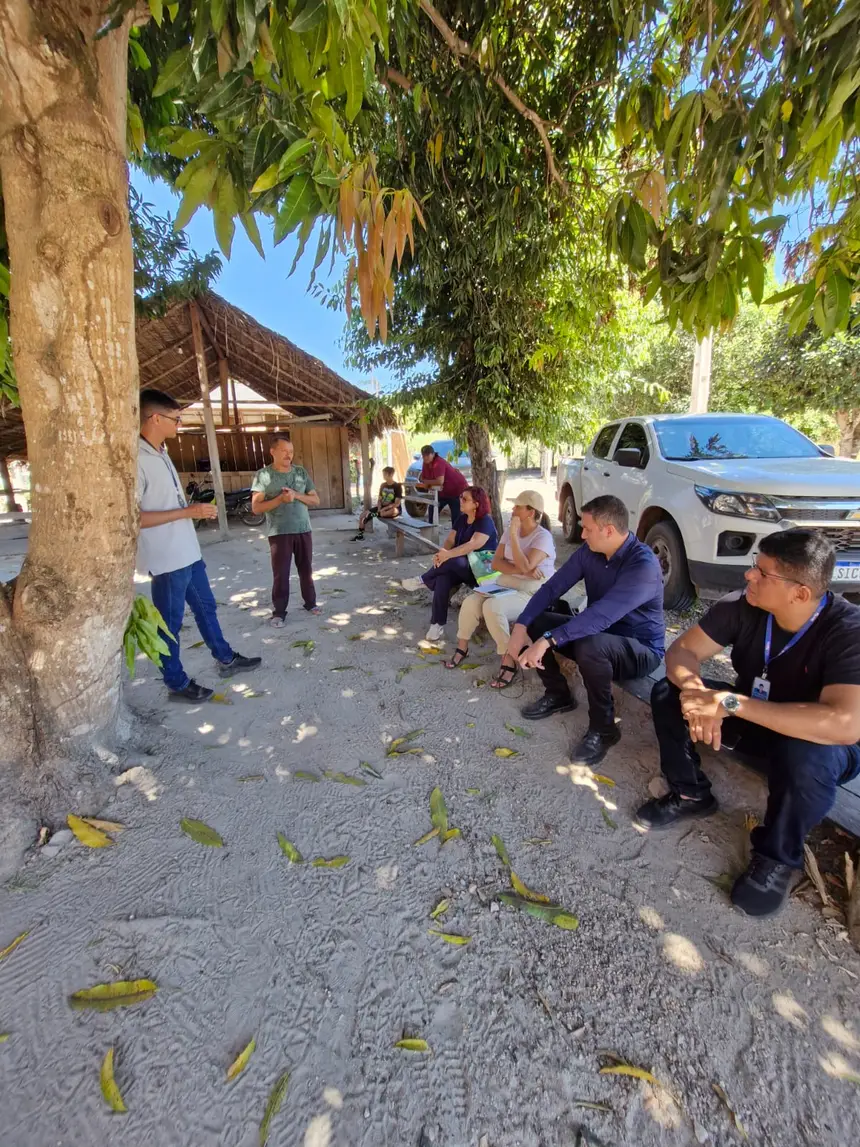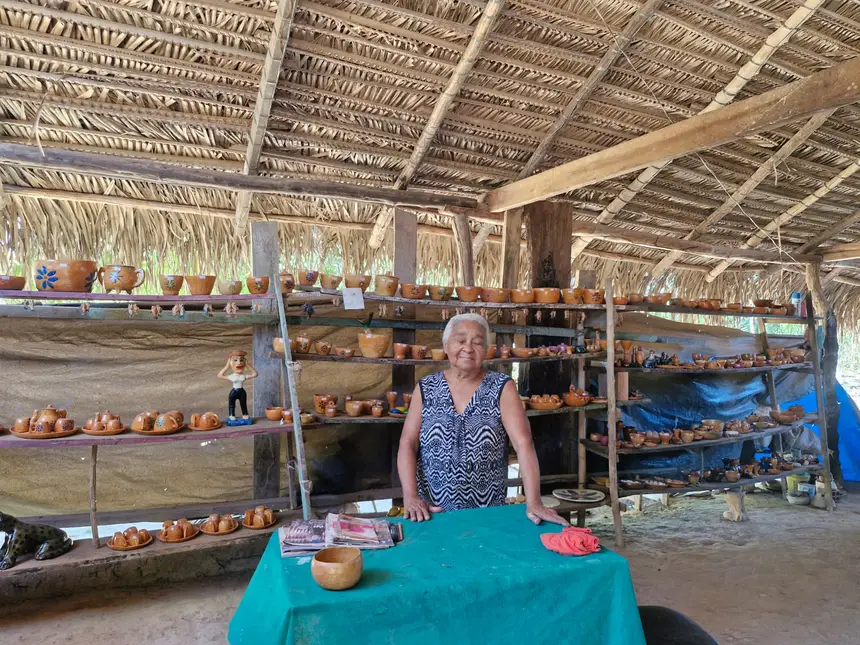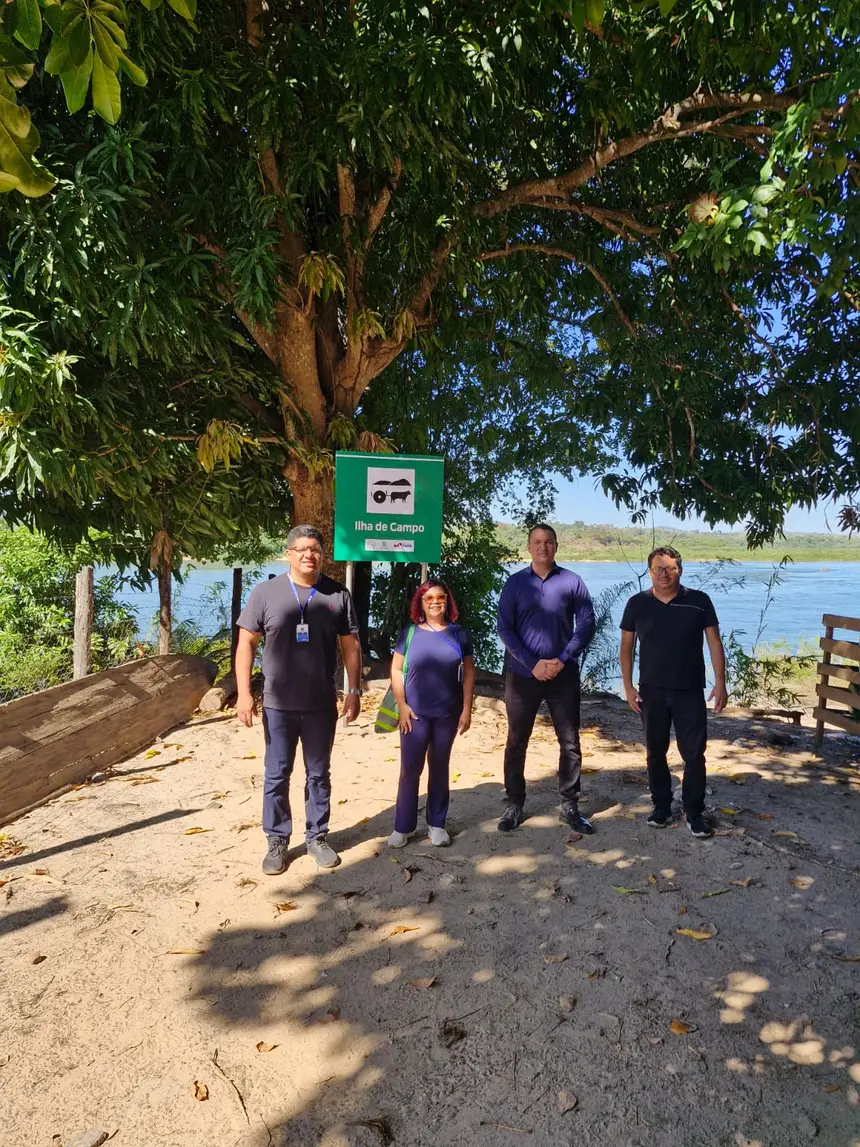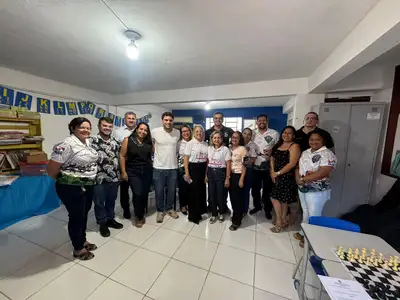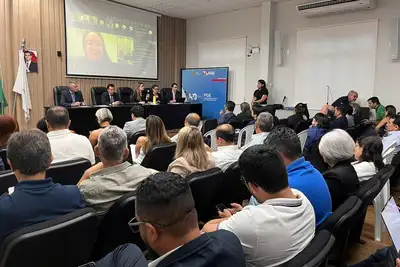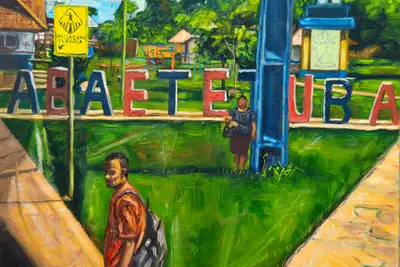Setur strengthens sustainable Community-Based Tourism with actions in southeastern Pará
Training sessions in Bom Jesus do Tocantins and São Geraldo do Araguaia are part of the state policy to value traditional communities and tourism
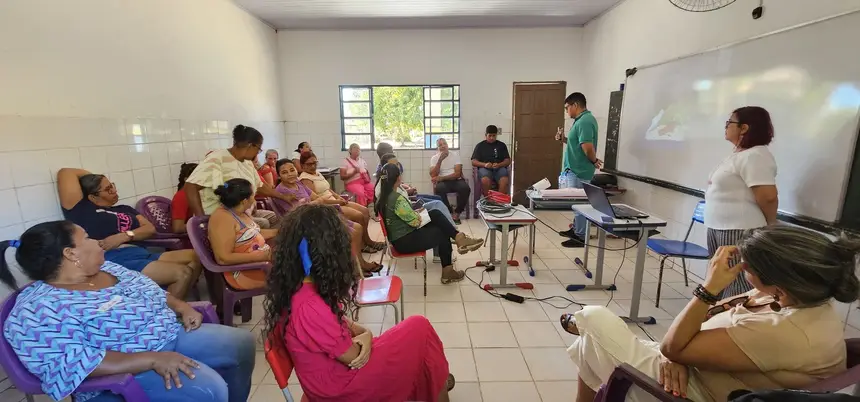
The State Secretariat for Tourism of Pará (Setur) has intensified its actions aimed at strengthening Community-Based Tourism (CBT), focusing on sustainable development, social inclusion, and the appreciation of traditional cultures.
The most recent initiatives concluded on Saturday (12) took place in the municipalities of Bom Jesus do Tocantins, from July 10 to 12, and in São Geraldo do Araguaia, on July 7 and 8, with workshops, technical visits, and practical activities aimed at training riverside, indigenous, and quilombola communities. The action is in partnership with the Federation of Associations of Municipalities of the State of Pará (FAMEP).
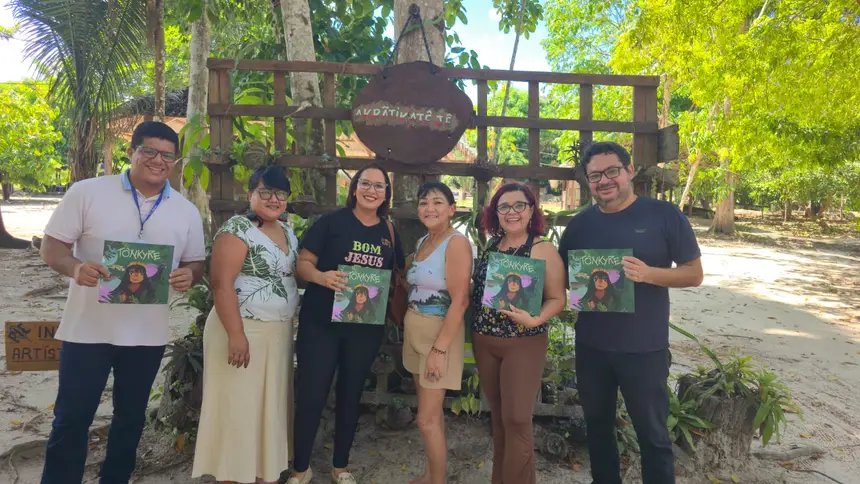
In Bom Jesus do Tocantins, the technical team from Setur held meetings with community leaders and local representatives to share knowledge about the state policy of CBT and Bioeconomy. The goal was to present ways for communities to recognize themselves as protagonists in the process of building community tourism in their territories.
Actions bring together residents, farmers, and representatives of traditional communities
Days earlier, the municipality of São Geraldo do Araguaia, located in southeastern Pará, hosted a series of technical visits organized by the Public Ministry of the State of Pará (MPPA), through the 12th Agrarian Justice Prosecutor's Office of Marabá, with support from Setur-Pará and other partner institutions, including the Municipal Tourism Secretariat. The activities took place in the localities of Ilha de Campo, Sucupira, and Santa Cruz dos Martírios, with the CBT workshop held in the latter, bringing together residents, family farmers, and representatives of traditional communities.
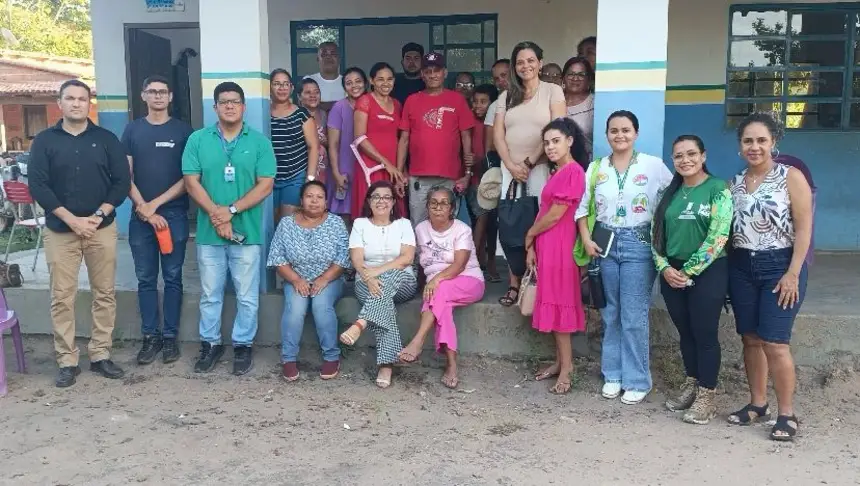
During the meetings, the fundamentals of Community-Based Tourism were discussed, a model that differs from conventional tourism by promoting authentic experiences based on local ways of life, culture, and biodiversity, with management carried out by the communities themselves. CBT is a tourism management practice that aims to stimulate sustainable businesses, collective entrepreneurship, and value both material and immaterial cultural heritage.
The tourism expert from Setur, Márcia Sueli Bastos, highlighted the importance of bringing these training sessions to traditional territories. "It is essential that these communities understand the state policy of CBT and see themselves in the process of building the tourism project of their territories, whether in indigenous, quilombola, riverside areas, or Conservation Units," she stated.
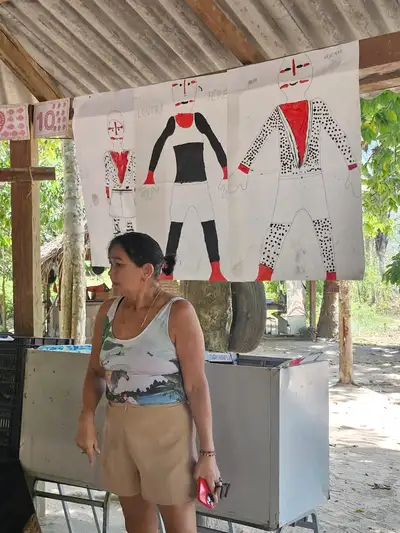
Mapping opportunities
In addition to theoretical discussions, participants engaged in a practical activity of mapping the natural and cultural attractions of the region, identifying opportunities for ecological and experiential tourism. The dynamics also valued traditional knowledge and strengthened the sense of territorial belonging.
The prosecutor, Alexssandra Muniz Mardegan, coordinator of the action in São Geraldo do Araguaia, emphasized that CBT represents a concrete strategy to boost the local economy, increase the financial autonomy of communities, and stimulate environmental preservation. "The proposal is being built in a solid and participatory manner, with dialogue between public institutions and the traditional population," she emphasized.
For Setur-Pará, Community-Based Tourism is one of the most effective tools for promoting sustainable development in Pará, aligning income generation with forest conservation and cultural appreciation. "By fostering the protagonism of communities, CBT helps keep the forest standing, reduces carbon emissions, and strengthens the identity of traditional peoples," concluded Márcia Bastos.


